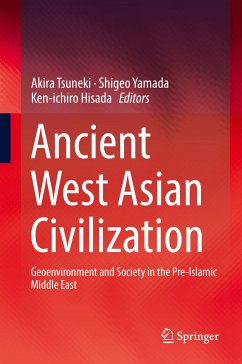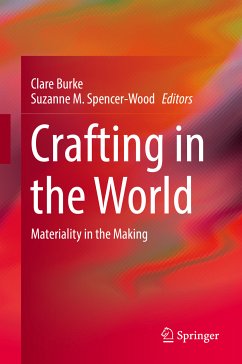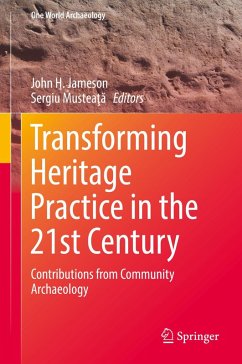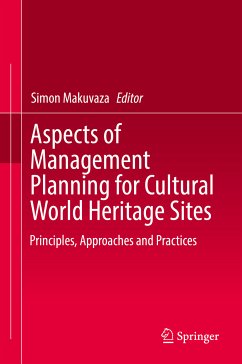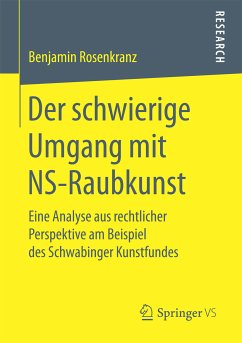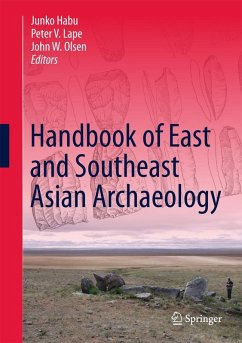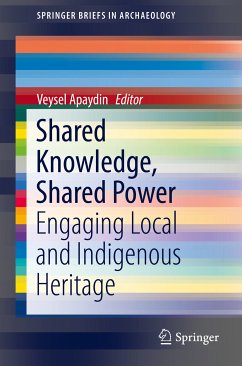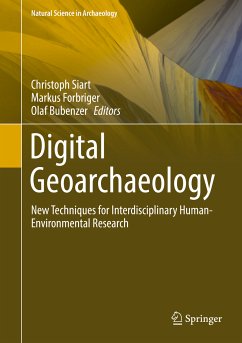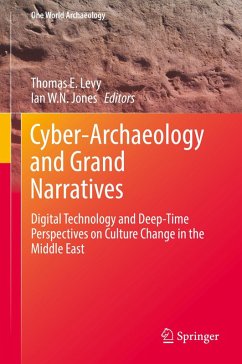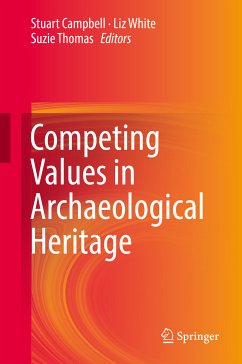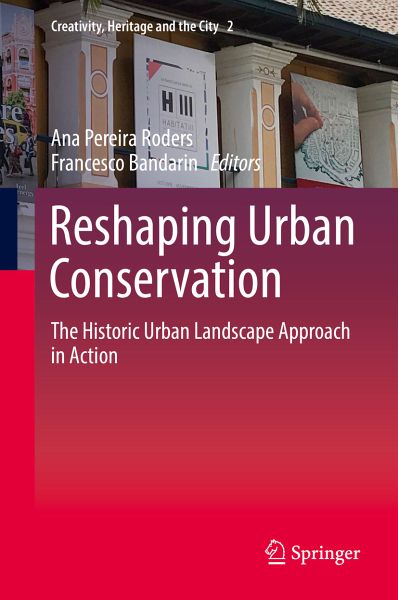
Reshaping Urban Conservation (eBook, PDF)
The Historic Urban Landscape Approach in Action
Redaktion: Pereira Roders, Ana; Bandarin, Francesco
Versandkostenfrei!
Sofort per Download lieferbar
136,95 €
inkl. MwSt.
Weitere Ausgaben:

PAYBACK Punkte
68 °P sammeln!
This volume focuses on the implementation of the 2011 UNESCO Recommendation on the Historic Urban Landscape (HUL approach), designed to foster the integration of heritage management in regional and urban planning and management, and strengthen the role of heritage in sustainable urban development.Earlier publications and research looked at the underlying theory of why the HUL approach was needed and how this theory was developed and elaborated by UNESCO. A comprehensive analysis was carried out in consultation with a multitude of actors in the twenty-first-century urban scene and with discipli...
This volume focuses on the implementation of the 2011 UNESCO Recommendation on the Historic Urban Landscape (HUL approach), designed to foster the integration of heritage management in regional and urban planning and management, and strengthen the role of heritage in sustainable urban development.
Earlier publications and research looked at the underlying theory of why the HUL approach was needed and how this theory was developed and elaborated by UNESCO. A comprehensive analysis was carried out in consultation with a multitude of actors in the twenty-first-century urban scene and with disciplinary approaches that are available to heritage managers and practitioners to implement the HUL approach.
This volume aims to be empirical, describing, analyzing, and comparing 28 cities taken as case studies to implement the HUL approach. From those cases, many lessons can be learned and much guidance shared on best practices concerning what can be done to make the HUL approach work.
Whereas the previous studies served to illustrate issues and challenges, in this volume the studies point to innovations in regional and urban planning and management that can allow cities to avoid major conflicts and to further develop in competitiveness. These accomplishments have been possible by building partnerships, devising financial strategies, and using heritage as a key resource in sustainable urban development, to name but a few effective strategies.
For these reasons, this volume is primarily pragmatic, linked to the daily work and challenges of practitioners and administrators, using specific cases to assess what was and is good about current practices and what can be improved, in accordance with the HUL approach and aims.
Dieser Download kann aus rechtlichen Gründen nur mit Rechnungsadresse in A, B, BG, CY, CZ, D, DK, EW, E, FIN, F, GR, HR, H, IRL, I, LT, L, LR, M, NL, PL, P, R, S, SLO, SK ausgeliefert werden.



